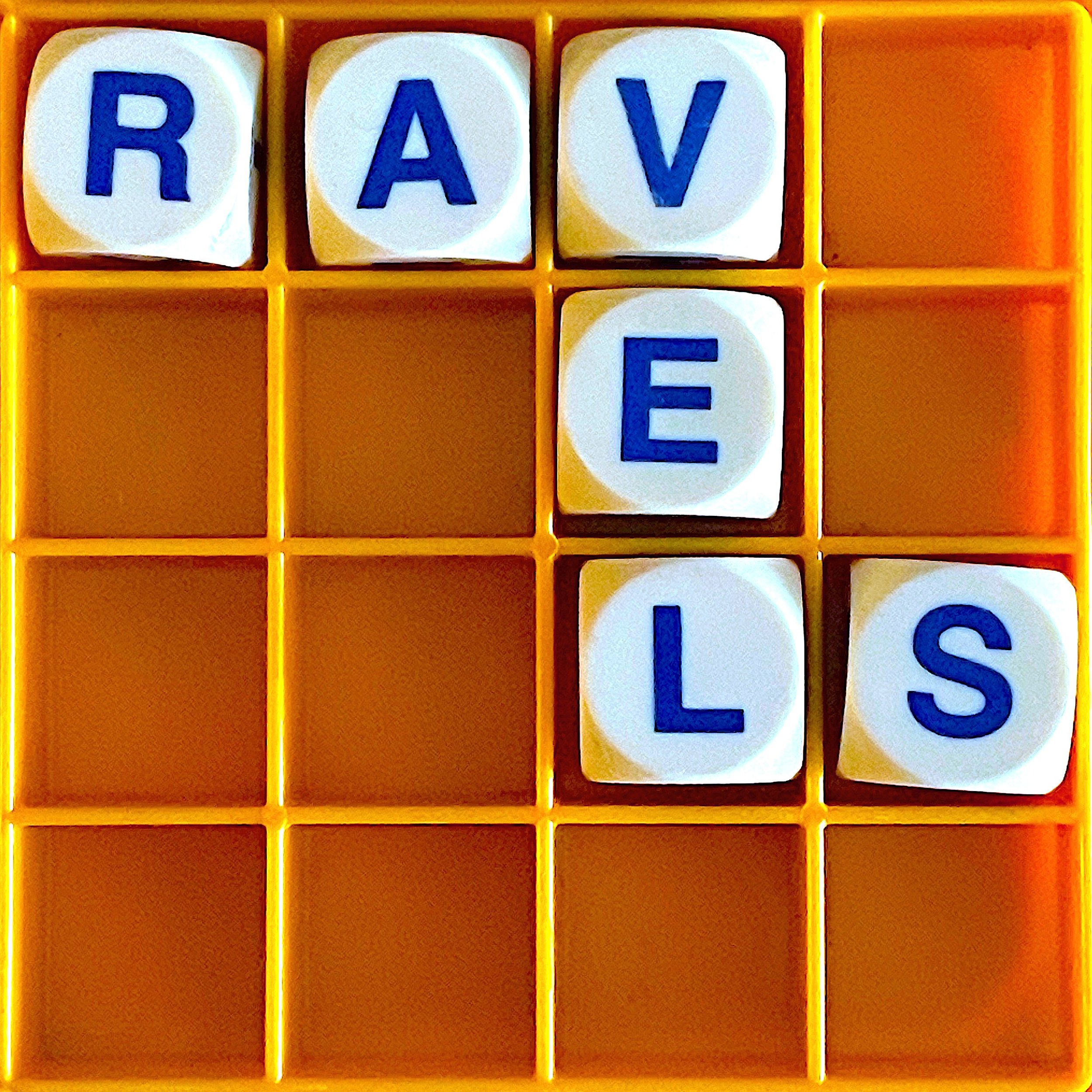MIRIAM FELTON: No; I think, as with most of these things, they're just named after people. The people themselves don't really have much association with it. Like the Earl of Cardigan didn't ever wear a cardigan as far as we know.
HZ: What? What?? I assumed that he was out there on the battlefields in a cardigan.
MIRIAM FELTON: Like a nice fair isle one with all the stranded colour work? That would have been awesome.
HZ: Just some kind of frontally divided knitted garment. But no?
MIRIAM FELTON: No.
HZ: What?!
MIRIAM FELTON: Not as far as we have any evidence.
Allusionist 97. The Future is Now? - transcript
ROSE EVELETH: I couldn't say this to most people, but you probably understand getting obsessed with a phrase, where you're like, "What is this thing that we say that is weird?" And the one that I've been obsessed with for a while is "The future is now".
HZ: This is Rose Eveleth. She makes the podcast Flash Forward, about how certain scenarios might play out in the future. Which may or may not be now.
ROSE EVELETH: I tend to use it most ironically, where like you see something dumb with technology and you're like "Oh, the future is now!" "Oh, an Internet-connected toaster - the future is now!"
HZ: “Social network for dogs!”
ROSE EVELETH: Exactly. Right. And other people I think use it much more straightforwardly, and much more non-ironically, which is like, "Oh, things are happening so quickly. The future is upon us. Things are changing really rapidly. The future is always happening right in front of us. Technology is amazing." There are two ways to say "the future is now": you can say it optimistically, you could be like, "the future is now! Isn't that cool?" Or you could be like, "the future is now, and we're totally screwed.”
I have a tweetdeck column that is just for that phrase "the future is now", just to watch what people are saying. "School buses with Wi-Fi. The future is now". The U.S. Forest Service,
Allusionist 96. Trust - transcript
RACHEL BOTSMAN: I always know when a word is having its moment in the sun when big conferences, it becomes the theme at the conference, or I get slightly nervous when you start to see it as the tag line in really big commercial brands because it's a word that's starting to become co-opted and commercialised, because people go, "Oh, it's resonating with a lot of people.” It's not a brand. Trust isn't a brand that you should use. It's a social glue that when it breaks down, it has really huge consequences to our lives. When terms become so broad that they lose their meaning, they become completely diluted. And this is actually my fear around trust right now, is that it's become the word of the moment that is being used in so many different contexts that are we actually diluting something? One of the most important words we have in the human language, that is so fundamental to our relationships, that are we taking the meaning and importance out of it by its overuse?
Read more


